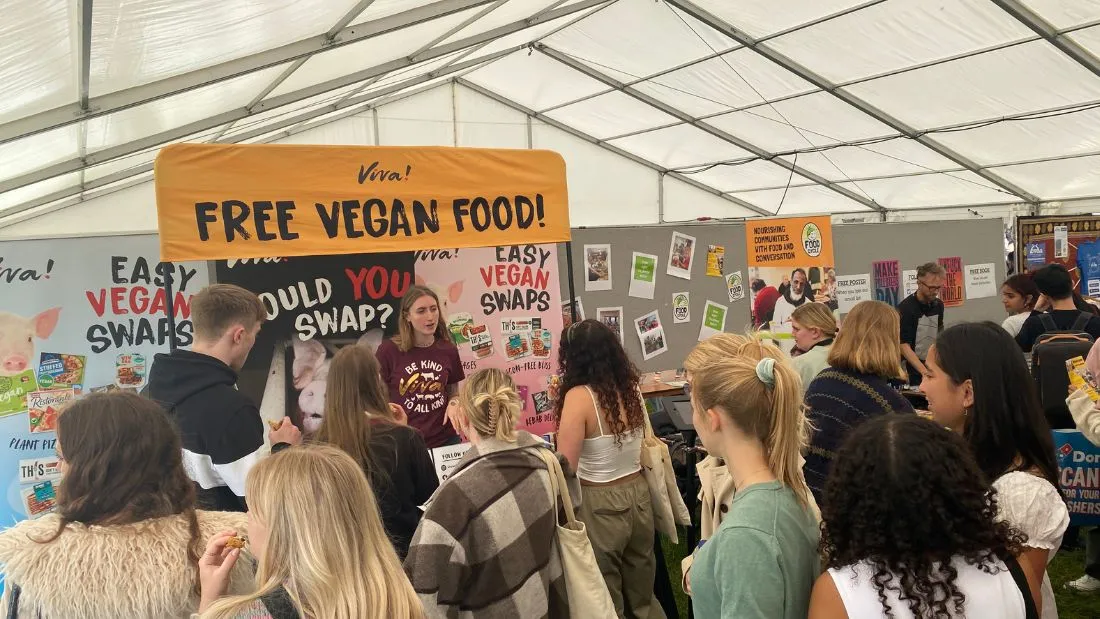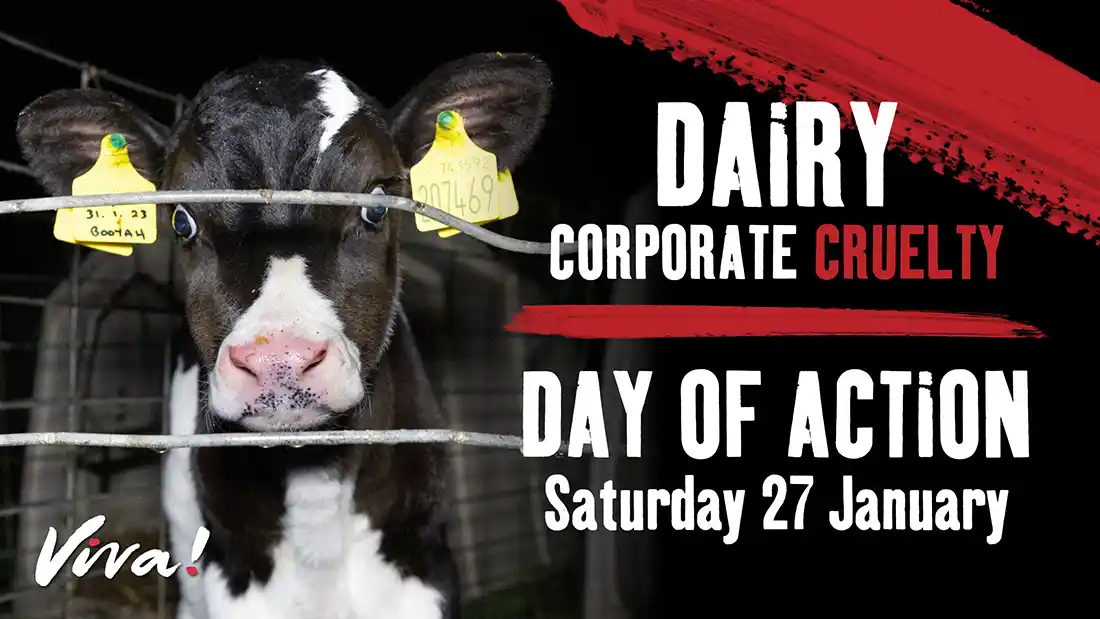Eating meat is not cool!
The study, published in the Proceedings of the National Academy of Sciences, estimates both the health and climate change impacts of a global move toward a more plant-based diet.
The researchers from Oxford University predicted what the effects of four different types of diet would be by 2050. The four different diets were as follows:
- No change
- One that follows health guidelines for fruit, veg and meat
- A vegetarian diet
- A vegan diet
Results found that more than five million premature deaths could be avoided globally by 2050 if health guidelines on meat consumption were followed, rising to more than seven million with a vegetarian diet and eight million on a vegan diet. These steps, if widely followed, could also reduce global healthcare costs by $1 billion a year by mid-century.
Lead author, Marco Springmann of the Oxford Martin Programme on the Future of Food said: Unbalanced diets are responsible for the greatest health burden around the world.
He said that a lower calorie intake, leading to fewer overweight people, could play a key role in improving health in the Eastern Mediterranean, Latin America and Western nations.
Climate change impacts of the food system will be hard to tackle and likely require more than just technological changes. Adopting healthier and more environmentally sustainable diets can be a large step in the right direction.
Links to the headlines:
Eat less meat to avoid dangerous global warming, scientists say – The Guardian
Vegan Eating Would Slash Food’s Global Warming Emissions: Study – NBC News




